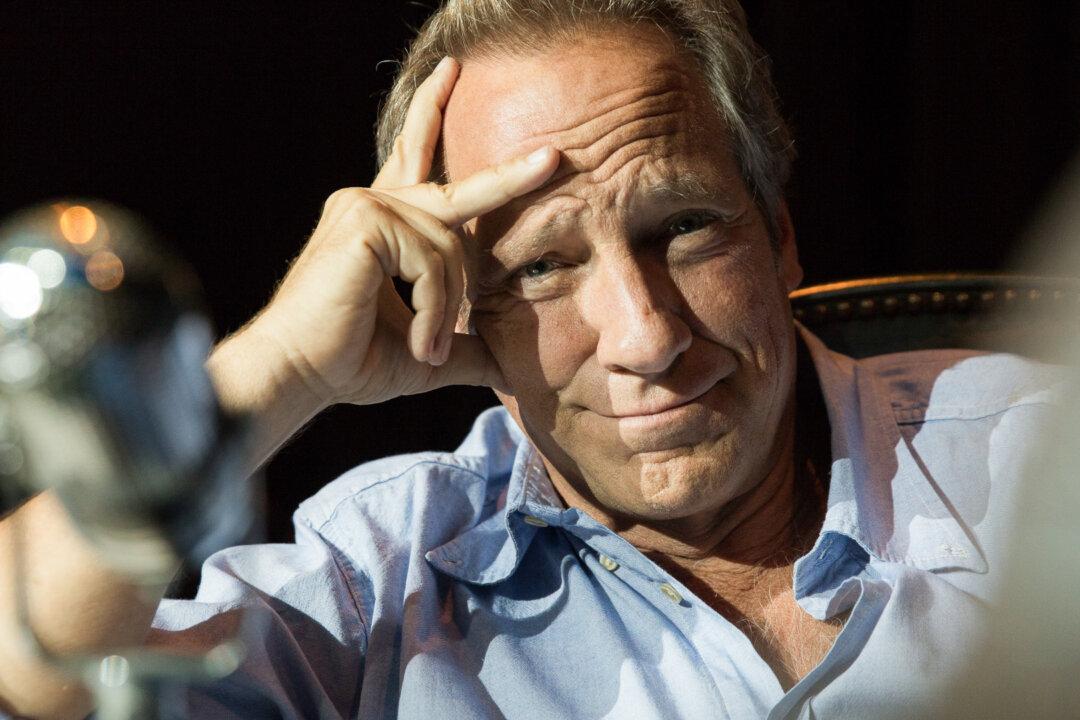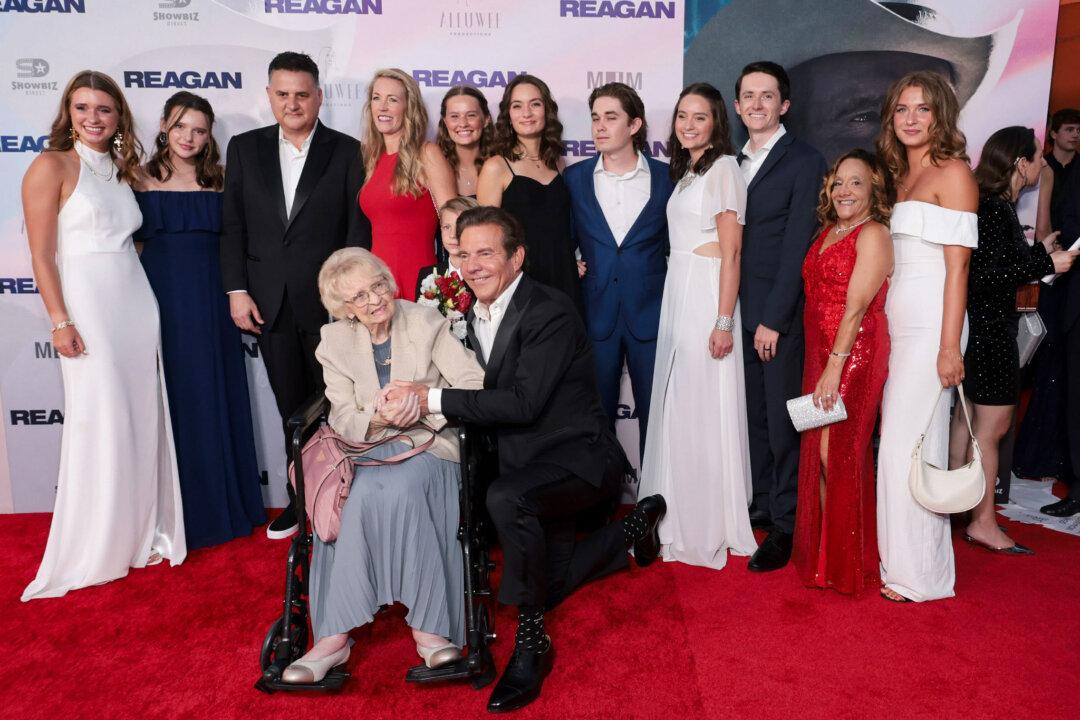Mike Rowe, known for his work on the Discovery Channel’s “Dirty Jobs” and “Deadliest Catch” series, is set to release a new film titled “Something to Stand For.” This film is a unique blend of short stories and historical reflections designed to reignite a sense of patriotism and gratitude among Americans.
Mr. Rowe’s journey to creating this film began with his passion for storytelling. In an in-depth interview with The Epoch Times, Mr. Rowe described the concept behind his latest project.





